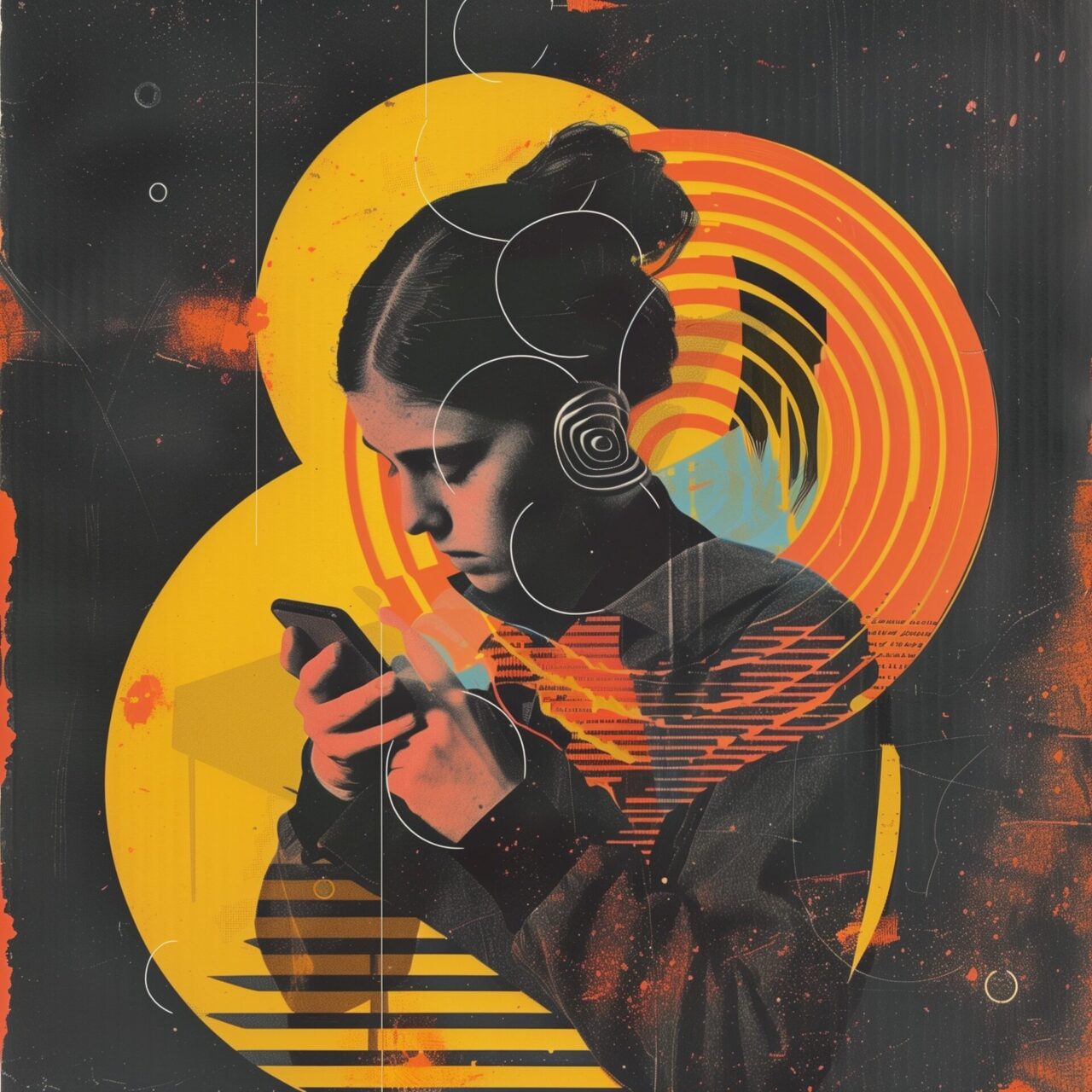
The phantom pain of the mind
In the shadowy world between sleep and wakefulness, a phenomenon unfolds that is as fascinating as it is unsettling: false awakening. Here, in this liminal state, people report an experience that goes beyond the limits of comprehension – they awaken only to realise that their awakening was itself a dream. However, it is not only the illusion that is unsettling, but also the accompanying phenomenon of unusual, often painful sensations that characterise this experience.
Neurology of the intermediate state
False awakenings often occur during REM sleep, a phase in which most dreams take place. The brain is almost as active during this stage as when awake, but most of the muscles are atonic – paralysed – to prevent us from acting out our dreams. This paralysis can cross over into conscious experience when dreaming of being awake, leading to an unsettling experience of immobility.
Headaches in the threshold world
Interestingly, some people report intense headaches specifically associated with false awakenings. These pains are often described as burning or stabbing and seem to be closely related to the stress and anxiety associated with the experience. Neurologically, this could be due to an over-activation of the autonomic nervous system during REM sleep, which is responsible not only for dreams but also for pain sensations in the body.
Psychological and physical convergence
This state illustrates a fascinating convergence of psychological and physical phenomena. The intensity of the dream experience, coupled with the body’s physiological response to the dream-induced stress, can lead to real pain. This suggests a strong mind-body connection where psychological stressors can cause physical symptoms, especially in a state where the dream and reality become blurred.

Cultural and philosophical implications
Culturally and philosophically, the phenomenon of false awakening raises questions about the nature of reality and our understanding of wakefulness and consciousness. It forces us to question the reliability of our perceptions and provides a rich metaphor for the human fear of losing control and the deep-rooted longing for clarity about our existence.
Conclusion
The false awakening coupled with an extraordinary headache is a rare yet profound experience that illuminates the intricate pathways between brain and mind. It opens up not only medical and scientific areas of discussion, but also philosophical and cultural ones, challenging our assumptions about what is real and what is dream, and emphasising the inextricable link between our physical sensations and our psychic experience.


